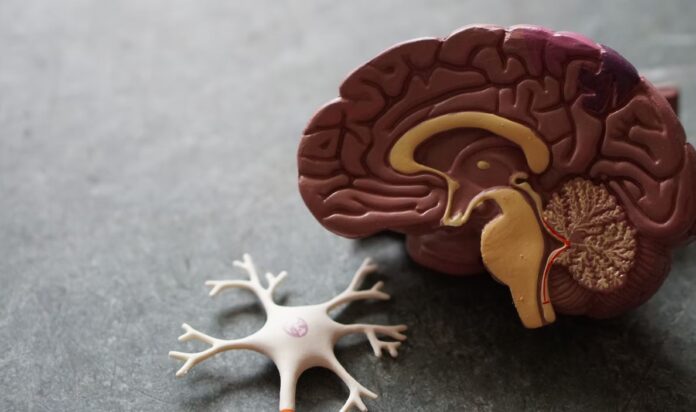Caring for a parent with dementia is a challenging journey that requires patience, compassion, and dedication. It can be emotionally draining to witness the decline of a loved one’s cognitive abilities and behavior. However, with the right approach and support, family members can provide adequate care for a parent with dementia and enhance their quality of life. This blog post will cover five tips for caring for a parent with dementia, including how to communicate effectively, manage behavioral changes, promote safety, and find support.
Knowing Communication
Communication is essential when caring for a parent with dementia. As the disease progresses, communication becomes increasingly challenging, and your loved one may have difficulty expressing themselves and understanding others. However, clear communication is crucial in promoting a sense of safety, security, and comfort for your loved one. To communicate effectively, try to speak slowly and clearly, use simple and concise language, and maintain eye contact. Avoid asking open-ended questions and provide choices instead of giving direct instructions. Remember to listen actively and show empathy for your loved one’s feelings.
Managing Behavioral Changes
Dementia can cause your loved one to experience changes in behavior, such as agitation, aggression, and wandering. These changes can be upsetting and challenging for family members. However, it’s vital to understand that these behaviors are not intentional and are a result of the brain changes associated with dementia. To manage behavioral changes, try to identify triggers and avoid them, redirect your loved one’s attention to other activities, and maintain a consistent routine. Use positive reinforcement and validation techniques, such as complimenting and praising your loved one’s efforts.
Promoting Safety
As dementia progresses, your loved one may become increasingly vulnerable to accidents and injuries. To promote safety, ensure that your loved one’s living environment is free of hazards, such as loose rugs, sharp objects, and open flames. Install safety devices, such as grab bars, handrails, and smoke detectors. Keep medications locked away and out of reach, and label them clearly. Ensure that your loved one has proper identification, such as a name tag or bracelet, in case they wander.
Finding Support
Caring for a loved one with dementia can be emotionally and physically draining. You may experience feelings of guilt, isolation, and stress. However, it’s essential to recognize that you are not alone and that many resources are available to help you. Seek support from family members, friends, or support groups. Consider hiring respite care or in-home care to give yourself a break. Consult with a healthcare professional, such as a social worker or psychologist, for guidance and advice.
Choosing an Assisted Living Facility
When caring for a parent with dementia becomes too overwhelming or challenging to manage at home, consider the option of an assisted living facility. An assisted living facility provides a safe and secure environment with 24/7 assistance from trained staff. An assisted living facility can offer your loved one the opportunity to engage in activities, such as music therapy and art classes, that can improve their quality of life. You can choose from a range of facilities with various levels of care, such as memory care units and skilled nursing care. Moving your loved one to an assisted living facility can be a difficult decision, but it can also be a positive one for their health and well-being.
Caring for a parent with dementia can be a challenging and emotional journey, but with the right approach and support, family members can provide adequate care and enhance their loved one’s quality of life. Communication, managing behavioral changes, promoting safety, finding support, and considering the option of an assisted living facility are all vital components of caring for a parent with dementia. Remember to take care of yourself, seek help when needed, and show compassion and empathy for your loved one.















